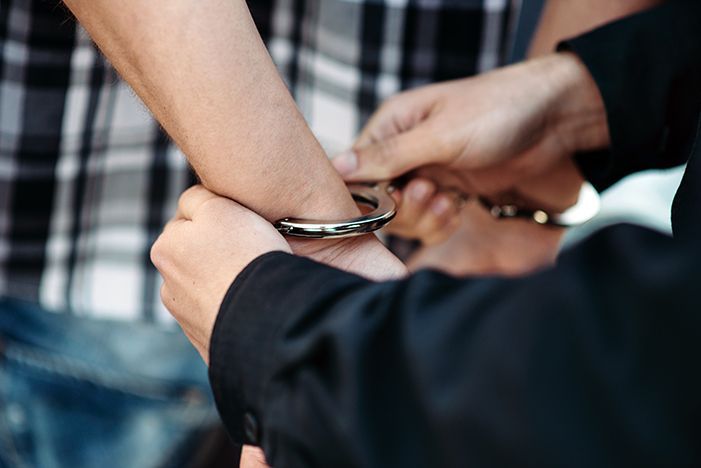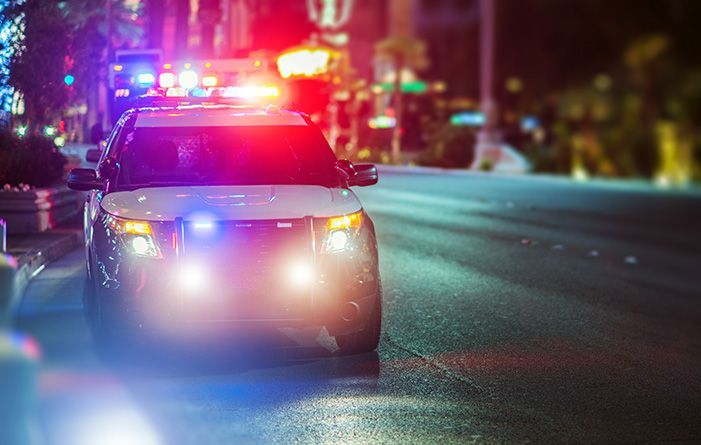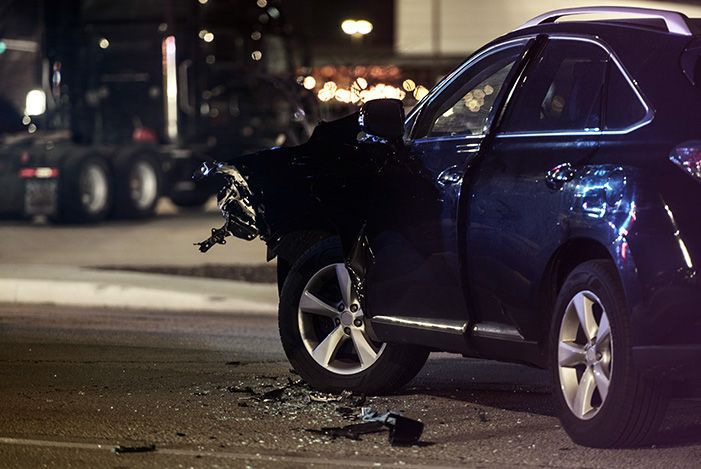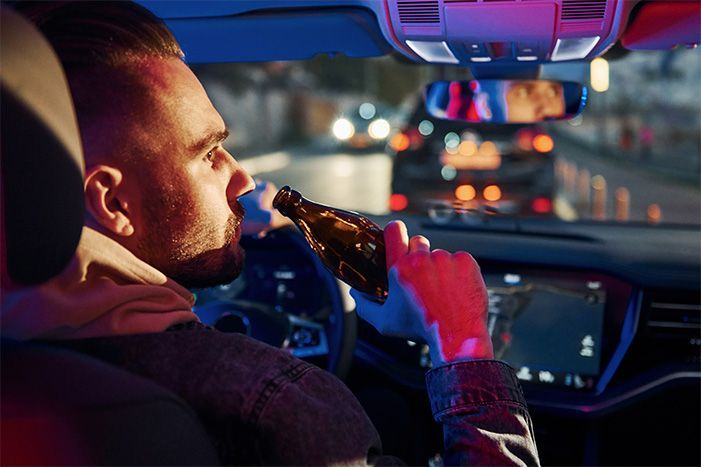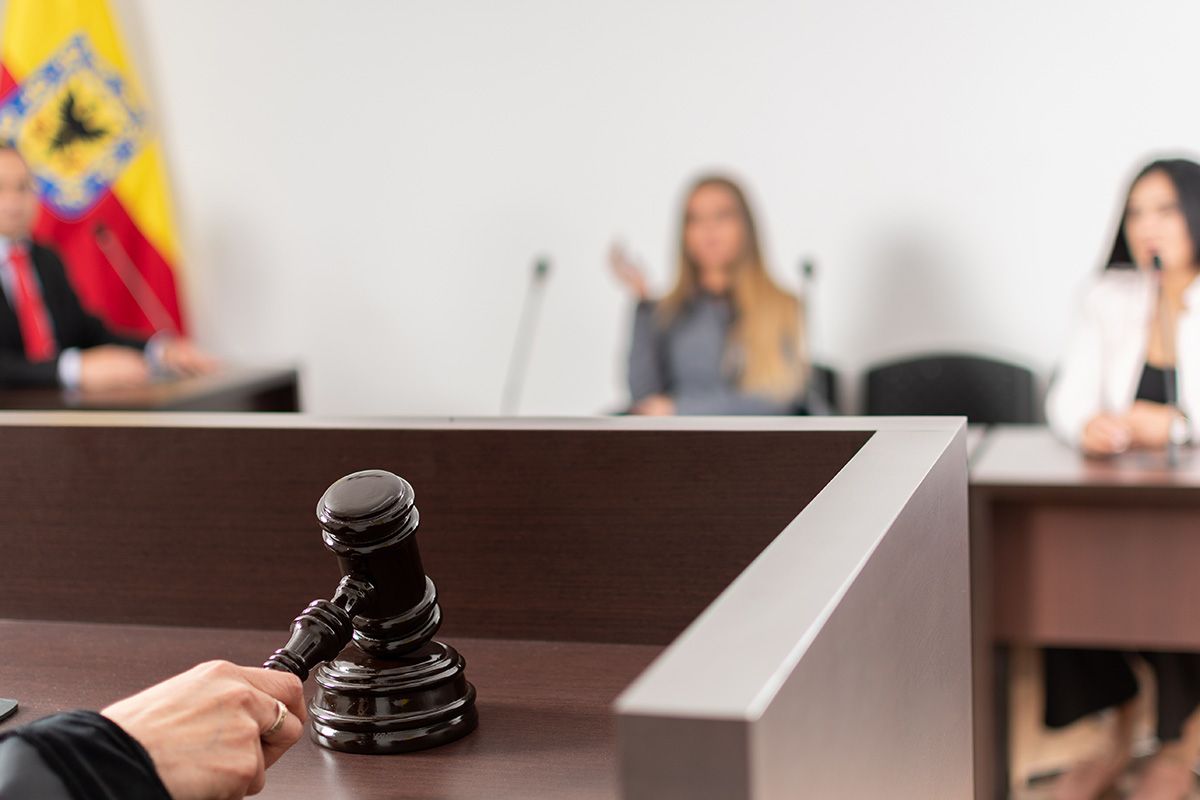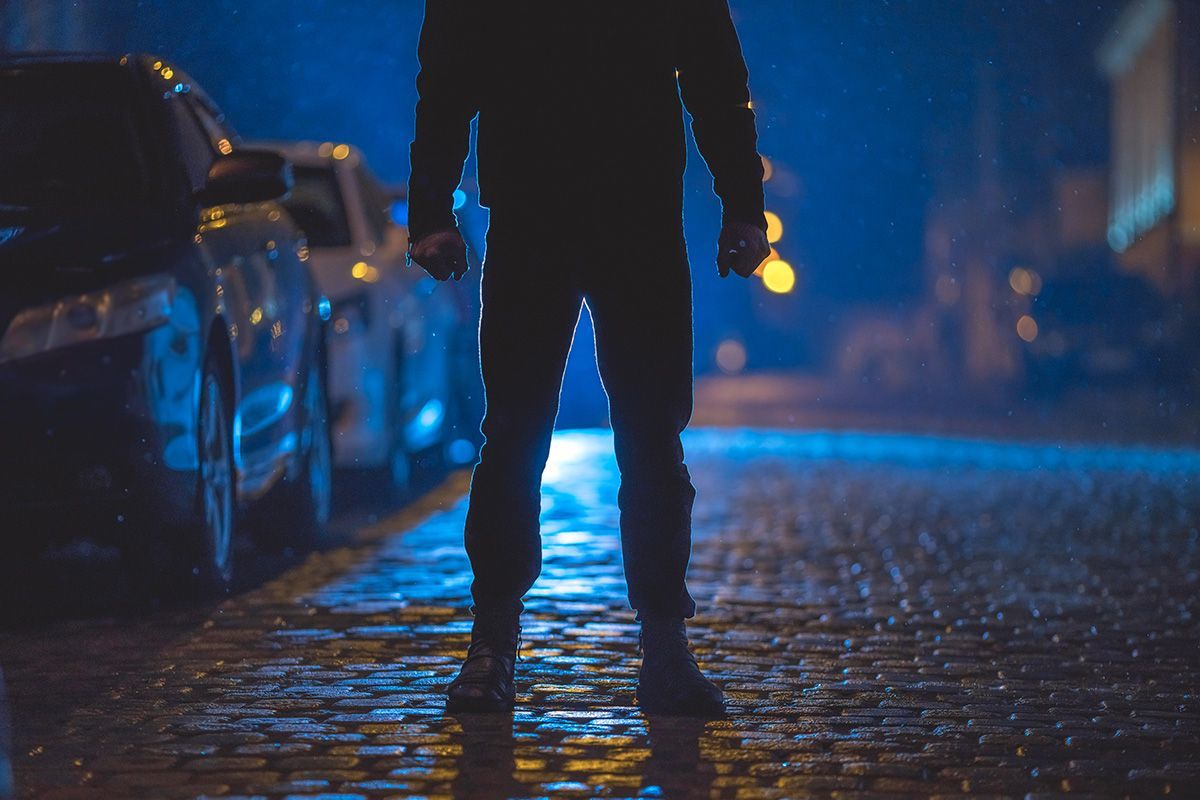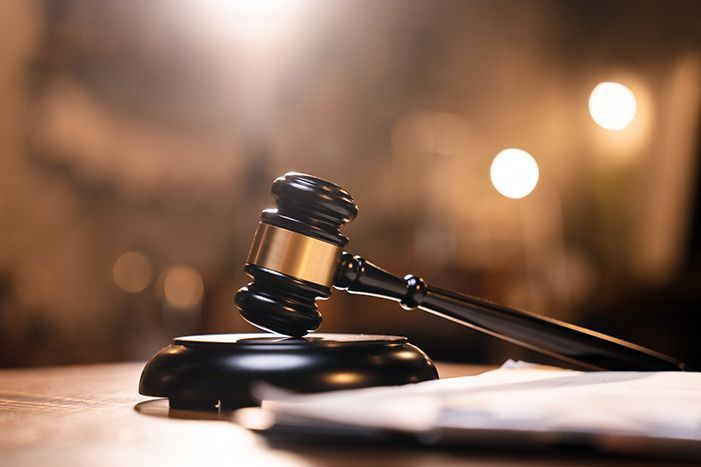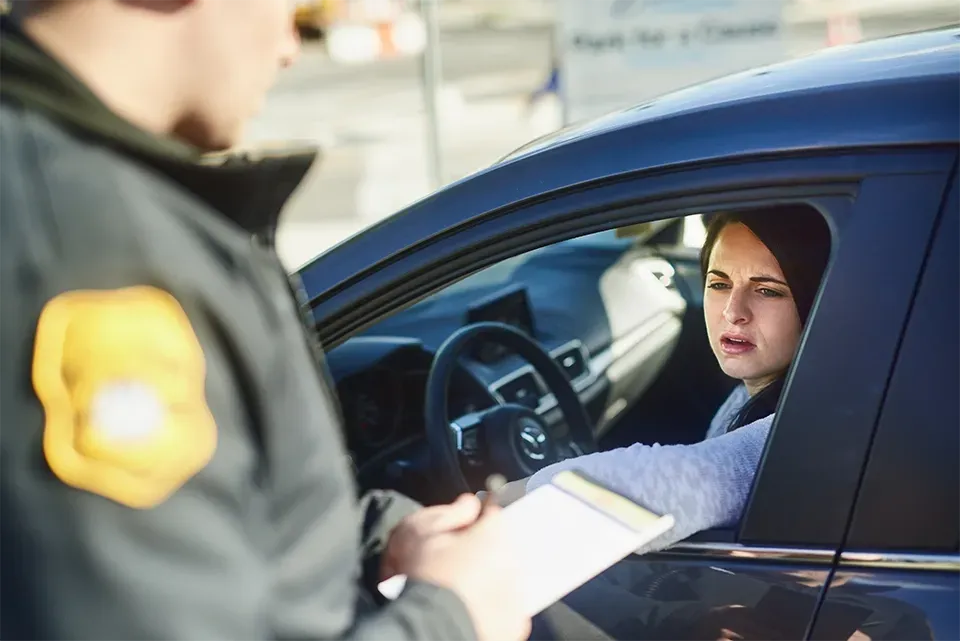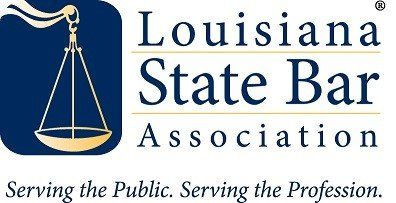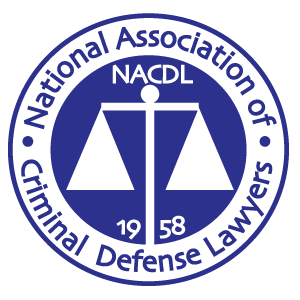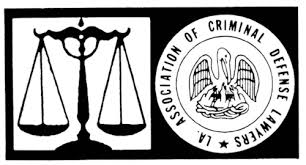Understanding DUI Checkpoints in New Orleans and Your Rights
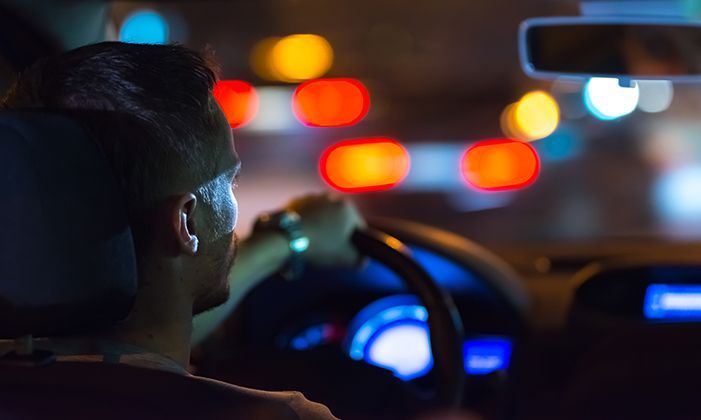
If you're driving in New Orleans, you might come across a DUI checkpoint. These checkpoints, also known as sobriety checkpoints, are a common sight in the city. But what exactly are they, and what should you do if you encounter one?
This article will dive into the details of DUI checkpoints in New Orleans, your rights as a driver, and what to expect if you're stopped.
What Are DUI Checkpoints?
DUI checkpoints, sometimes referred to as sobriety checkpoints, are predetermined locations where law enforcement officers stop vehicles to check for signs of impaired driving. In New Orleans, these checkpoints are a key tool in the fight against drunk driving and crime.
Are DUI Checkpoints Legal?
The short answer is yes. The Supreme Court has ruled that sobriety checkpoints are constitutional, and they're perfectly legal in Louisiana. The main purpose is to protect innocent citizens from the dangers of drunk drivers on the road.
The Role of the New Orleans Police Department
The NOPD's Traffic Division is responsible for conducting these checkpoints. Their goal is twofold:
- To enforce DWI laws
- To prevent accidents caused by impaired driving
When and Where to Expect Checkpoints in New Orleans
DUI/DWI checkpoints in New Orleans aren't set up randomly. Based on historical data, here's what is known:
- Checkpoints are typically conducted on Thursday nights through early Friday mornings, but can occur on other days, especially around holidays or special events.
- Most checkpoints start around 9 p.m. and continue until 5 a.m. the following morning.
- While exact locations are usually not disclosed in advance, checkpoints have been set up in various areas across Orleans Parish. Some past checkpoint locations have included:
- St. Charles Avenue and Calliope Street (under the overpass)
- Louisiana Avenue and LaSalle Street
- Tchoupitoulas Street and Andrew Higgins Boulevard
- North Claiborne Avenue (northeast of Orleans Avenue)
- Downman Road and Pines Boulevard
- Broad Street (near Thalia Street)
- During special events like Mardi Gras, the New Orleans Police Department may conduct enhanced enforcement campaigns that last several days.
It's worth noting that while the police department sometimes announces the general areas where checkpoints will be set up, they don't always disclose the exact locations. This element of surprise is part of their strategy to catch impaired drivers off guard.
Remember, even if you don't see a checkpoint, the police are always on the lookout for signs of impaired driving. The safest approach is to never drink and drive, regardless of whether you expect to encounter a checkpoint.
Interacting with the NOPD at a Sobriety Checkpoint
So, you're driving home one night and suddenly find yourself at a DUI / DWI checkpoint. What happens next? Let's break it down.
What Officers Look For
When you're stopped at a checkpoint, officers are trained to look for specific signs of intoxication. These may include:
- Slurred speech
- The smell of alcohol
- Difficulty following instructions
- Bloodshot or glassy eyes
Field Sobriety Tests
If an officer suspects you might be under the influence, they may ask you to perform field sobriety tests. These could include:
- Walking in a straight line and turning
- Standing on one leg
- Following a pen or finger with your eyes (known as the horizontal gaze nystagmus test)
Breathalyzer Tests
If the officer still suspects impairment after the field sobriety tests, they might ask you to take a Breathalyzer test. This device measures your blood alcohol content (BAC).
Your Rights at a Checkpoint
You do have some rights at a DWI checkpoint, such as:
- You have the right to remain silent
- You can refuse to perform field sobriety tests
- You can refuse a Breathalyzer test, but be aware that refusing a Breathalyzer in Louisiana can result in an automatic one-year license suspension and potential criminal charges.
What to Do At a DUI Checkpoint
When interacting with officers at a checkpoint:
- Be respectful and cooperative
- Keep your hands visible to the officer at all times
- Provide your license, registration, and proof of insurance when asked
- Remember that you have the right to remain silent beyond providing these documents
- If you choose to answer questions, be aware that anything you say can be used as evidence
- Don't volunteer information unnecessarily
- If you're unsure about answering a question, you can politely state that you prefer not to answer without an attorney present
- Don't argue with the officer or become confrontational, even if you disagree with the stop
What Happens if You're Arrested for a DUI/DWI
If an officer determines you're driving under the influence, you may be arrested. Here's what you can expect:
Immediate Consequences
The immediate consequences of getting arrested for a DWI in New Orleans include:
- You'll be taken into custody
- Your vehicle may be impounded
- You'll likely spend some time in jail until you're released on bail or your own recognizance
Legal Consequences
A DUI/DWI arrest in New Orleans can lead to serious penalties:
- Fines up to $2,000 for a first offense
- License suspension
- Possible jail time
- Mandatory participation in substance abuse programs
Long-term Impact
A DUI/DWI conviction can have far-reaching effects:
- It can affect your job prospects
- Your insurance rates may increase significantly
- You might face social stigma
- For repeat offenses, penalties become much more severe
Defending Your Rights After a DWI Arrest
If you are arrested for a DWI in New Orleans, it's important to take immediate action to protect your rights. Here's what you should do:
- Stay calm and polite: Even if you believe the arrest is unjustified, remain calm and respectful to the officers.
- Exercise your right to remain silent: You're not required to answer questions beyond providing basic identification.
- Don't resist arrest: Even if you believe you're innocent, resisting arrest can lead to additional charges.
- Contact a DWI defense attorney: As soon as possible, reach out to DWI attorney Lance Robinson.
- Document everything: Try to remember as many details as possible about the arrest and write them down as soon as you can.
The Importance of Legal Representation
A skilled DWI defense attorney can make a significant difference in the outcome of your case. They can:
- Review the details of your arrest to ensure proper procedures were followed
- Challenge the validity of field sobriety or breathalyzer tests
- Negotiate with prosecutors for reduced charges or penalties
- Represent you in court and fight for the best possible outcome
Remember, any decision you make during this process can have long-lasting consequences. That's why it's crucial to have professional guidance.
Conclusion
DUI checkpoints in New Orleans are a reality that drivers need to be aware of. While they serve an important purpose in keeping our roads safe, it's equally important for drivers to understand their rights and responsibilities when encountering these checkpoints.
Remember these key points:
- DUI checkpoints are legal in Louisiana
- You have rights at checkpoints, but exercising them may have consequences
- If arrested, remain calm and seek legal help immediately
- A DUI/DWI conviction can have serious, long-lasting impacts
By staying informed and making responsible decisions, you can navigate DUI checkpoints safely and legally. However, if you or a loved one needs help defending a charge related to impaired driving in New Orleans, don't hesitate to contact experienced DWI attorney Lance J. Robinson.
With expert legal support from Lance, you can protect your rights and work towards the best possible outcome for your case.
FAQs About DUI Checkpoints
Are DUI checkpoints legal in New Orleans?
Yes, New Orleans DUI checkpoints are legal as are Louisiana DUI checkpoints. The U.S. Supreme Court has ruled that these checkpoints are constitutional when conducted properly.
Can I turn around if I see a checkpoint ahead?
While it's not a crime to turn around before reaching a checkpoint, it's not advisable. Here's why:
- Officers often watch for vehicles turning around and may consider this suspicious behavior.
- Turning around might actually draw more attention to yourself than simply going through the checkpoint.
- If you make an illegal U-turn or violate any traffic laws while turning around, you can be pulled over.
In the end, it's usually easier and less suspicious to proceed through the checkpoint normally.
Do I have to answer questions at a DUI checkpoint?
You're only required to provide your driver's license, registration, and proof of insurance. Beyond that, you have the right to remain silent. However, being polite and cooperative can help the process go smoothly.
Can I refuse a breathalyzer test at a checkpoint?
You can refuse a breathalyzer test, but be aware that there are consequences. In Louisiana, refusing a breathalyzer test can result in an automatic one-year suspension of your driver's license.
Can an officer search my vehicle at a DUI checkpoint?
Officers cannot automatically search your vehicle at a DUI / DWI checkpoint without your consent or probable cause. Here are some key points to remember:
- Routine searches are not permitted without your permission or probable cause.
- If an officer asks to search your vehicle, you have the right to refuse politely.
- However, if the officer has probable cause (e.g., visible open containers, smell of alcohol), they can search your vehicle without your consent.
- If the officer sees evidence of a crime in "plain view" (visible from outside the car), they may have grounds for a search.
- If you're arrested for a DWI, the officer can legally search areas of your car that are within your reach. This is called a "search incident to arrest." They do this to look for evidence related to the DWI or to ensure their own safety.
- Officers may use trained drug-sniffing dogs around the exterior of your vehicle without your consent. If the dog signals that it smells drugs in your vehicle, it gives officers probable cause to search your vehicle without your permission.
Remember, while it's your right to refuse a search, do so politely and don't physically resist if an officer decides to conduct a search anyway. If you believe a search was conducted illegally, discuss this with a DWI attorney, as it could be grounds for challenging evidence in court.
How long do DUI checkpoints usually last?
Based on some historical data, most DUI checkpoints in New Orleans operate from 9 p.m. to 5 a.m. However, the duration can vary, especially during holiday periods or special events.
What happens if I'm caught driving under the influence at a checkpoint?
If you're found to be driving under the influence, you will likely be arrested, your vehicle may be impounded, and you'll likely face legal consequences including fines, license suspension, and possibly jail time.
What should I do if I'm arrested at a DUI checkpoint?
If you're arrested, remain calm and polite. Exercise your right to remain silent and ask to speak with an attorney as soon as possible. Don't discuss the incident with anyone except your lawyer.
How can I find out where checkpoints will be located?
While exact locations are rarely disclosed, the New Orleans Police Department sometimes announces general areas where checkpoints will be conducted. Local news outlets and social media can be good sources for this information.
Are DUI checkpoints more common during certain times of the year?
Yes, checkpoints are often more frequent during holidays and events associated with increased alcohol consumption, such as Mardi Gras, New Year's Eve, and major sporting events.
Can passengers in my car be questioned or searched at a DUI checkpoint?
While the focus is typically on the driver, passengers may be questioned if the officer has reasonable suspicion of criminal activity. However, passengers also have the right to remain silent.
